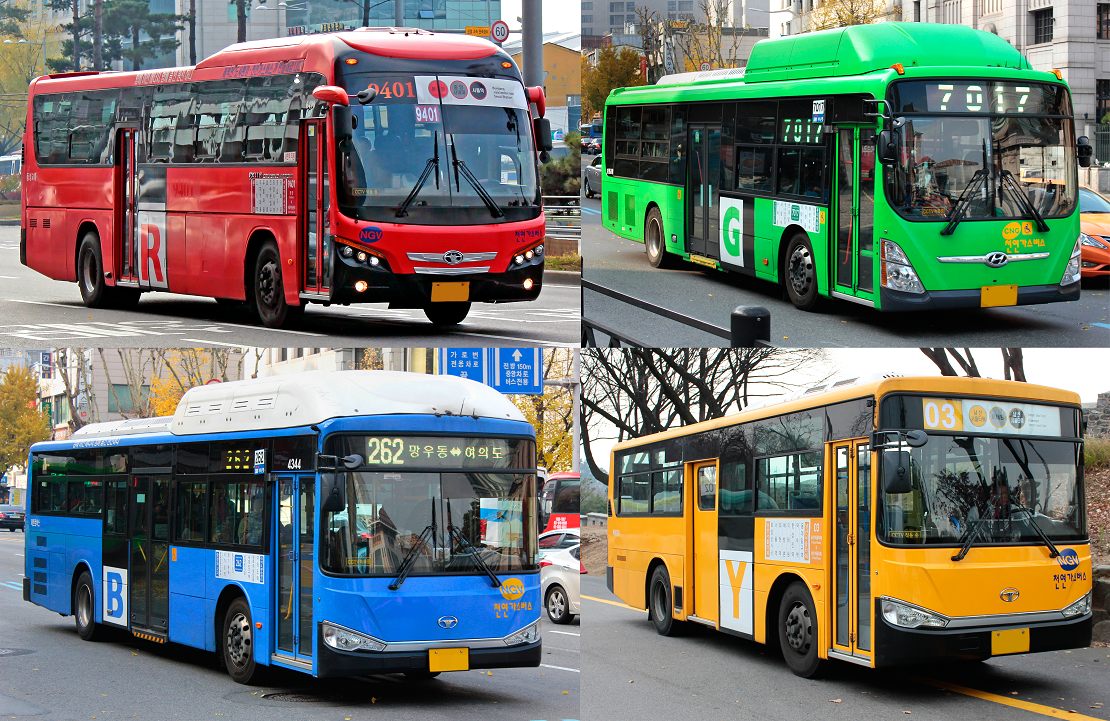Waiting For The Bus
 You arrive at the station at a random time. There are infinitely many buses, but they have very different frequencies of arrival.
You arrive at the station at a random time. There are infinitely many buses, but they have very different frequencies of arrival.
Bus 0 comes every minute.
Bus 1 comes every 100 minutes.
Bus 2 comes every 200 minutes.
Bus 3 comes every 300 minutes,
and so on.
To the nearest percent, how likely is it that the first bus to arrive will be Bus 0?
Note: The buses are not synchronized with each other in any way.
The answer is 0.
This section requires Javascript.
You are seeing this because something didn't load right. We suggest you, (a) try
refreshing the page, (b) enabling javascript if it is disabled on your browser and,
finally, (c)
loading the
non-javascript version of this page
. We're sorry about the hassle.
Relevant wiki: Convergence Tests
Bus 1 will arrive at some (unknown) fraction t of a minute. We will show that, unless t = 0 , there is zero chance no other bus will arrive by then. The chance that no other bus arrives by t is the infinite product of the chances, for i ≥ 1 , that Bus i does not arrive by t :
p = i = 1 ∏ ∞ ( 1 − 1 0 0 i t )
Where exp ( x ) means e x ,
p = exp ( ln ( i = 1 ∏ ∞ ( 1 − 1 0 0 i t ) ) ) = exp ( i = 1 ∑ ∞ ( ln ( 1 − 1 0 0 i t ) ) ) Since ln ( x ) ≤ x − 1 , p ≤ exp ( i = 1 ∑ ∞ ( − 1 0 0 i t ) ) = exp ( − 1 0 0 t i = 1 ∑ ∞ ( i 1 ) ) Since the harmonic series diverges to infinity, p ≤ e − ∞ = 0
Bus 0, of course, also has zero probability of arriving at time 0. So there is 0 probability that Bus 0 will arrive before other buses have arrived.
In fact, with probability 1, no bus will be the first to arrive. Every bus will arrive, but each bus will be preceded by infinitely many others. So you have no wait at all, but you will be unable to board the first bus, and indeed whatever bus you board, there will be infinitely many earlier ones you could have boarded!